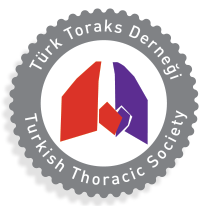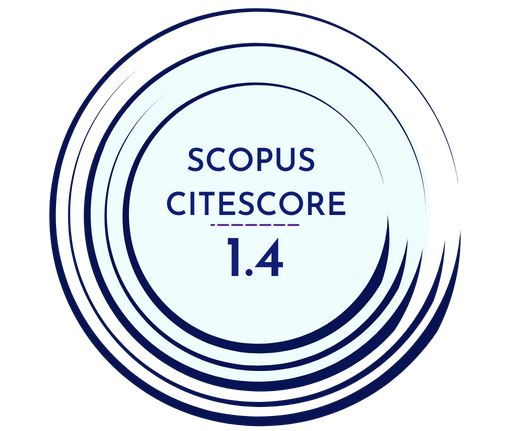Fetal programming is a mechanism whereby stimuli acting on the developing fetus influence the development of the fetus in a way that may set the stage for adult health and disease. These stimuli may be environmental, such as maternal smoking; metabolic, such as the maternal diet and nutrition; or endocrine, such as diabetes or stress, and may extend over several generations. The endocrine system influences fetal programming with effects of insulin, thyroid hormones, and glucocorticoid hormones. Epigenetic information may be modified by DNA methylation, histone modifications, and micro RNAs due to environmental exposures. In this review, we describe the normal development of the lungs and the major factors that may influence lung growth and development with the potential for sequelae into adult life.
Cite this article as: Yilmaz O, Yuksel H, Sonia Buist A. Fetal programming: Lung health and disease. Turk Thorac J. 2021; 22(5): 413-417.



.png)
